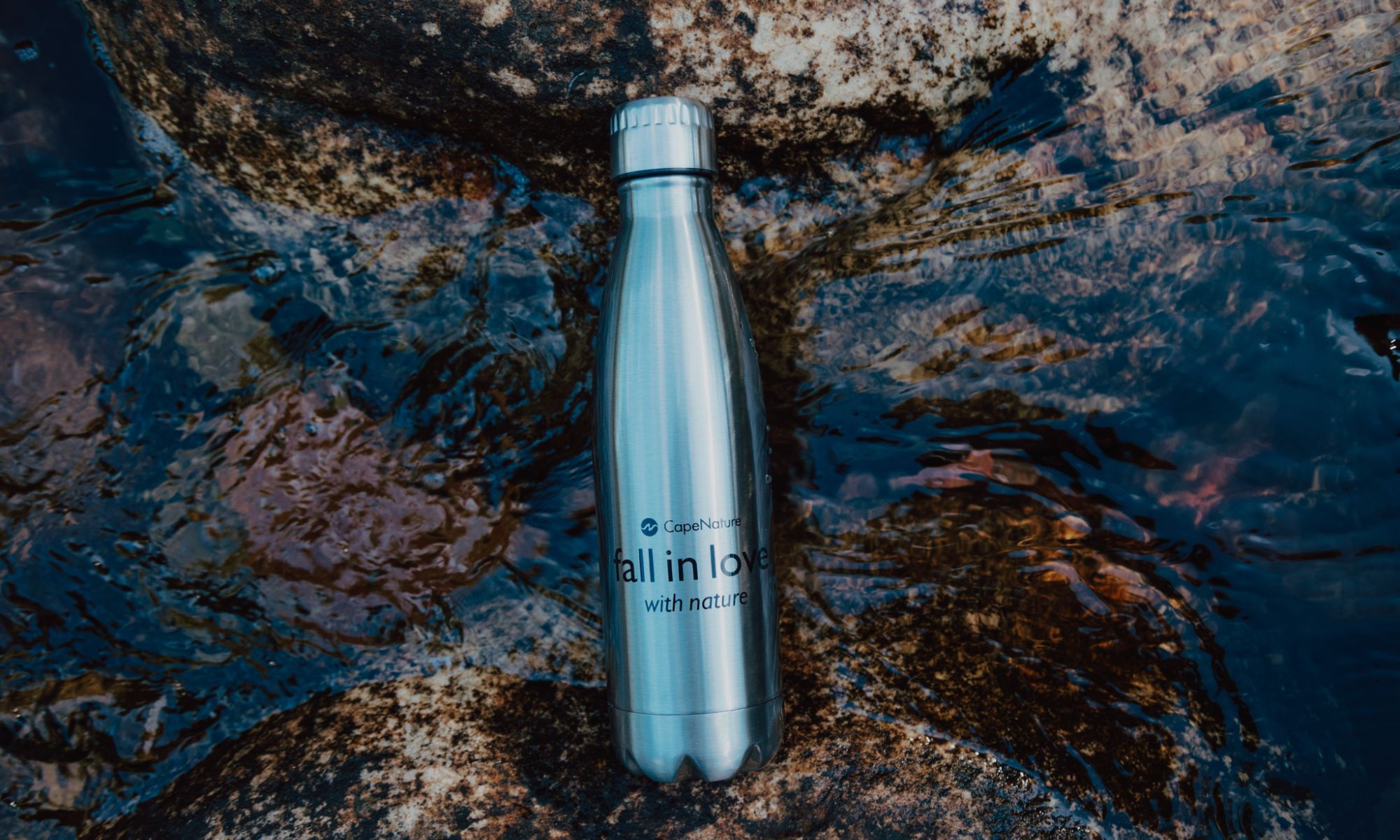Paving the Path to Zero Waste: the #dontbetrashy Campaign
In the picturesque landscapes of South Africa's Western Cape, where the stunning beauty of the region meets the modern rhythm of life, an issue of substantial concern looms large. The Western Cape is home to 11.9% of the population and is responsible for a staggering 3 million tons of waste generated annually according to the Annual State of Waste Management Report of 2020 and STATSA’s mid-year population estimates for 2022. The sources of this mounting waste are as diverse as the province itself. The driving force behind this surge in waste is a simple equation: more people, more consumption, and, inevitably, more waste.
This waste predicament paints a less-than-rosy picture for the local economy and poses a threat to natural ecosystems, impacting flora and fauna as highlighted in the Annual State of Waste Management Report 2020, the Waste Collection and Transportation Status Quo Report 2021, and research conducted by Danielle Julius and Mathiyazhagan Nyberg on the topic of waste.
The consequences of waste are far-reaching, encompassing not only our immediate living spaces but also the delicate balance of biodiversity. This underscores the significance of the Catchment to Coast principle: the actions upstream in river systems have a ripple effect all the way to the oceans, carrying with them various forms of waste. Among the essential services nature bestows upon us, water stands out as paramount, for our very existence hinges upon it. Hence, the imperative lies in maintaining the cleanliness of our surroundings and embracing a lifestyle that generates zero waste.
As the province grapples with this escalating waste challenge, solutions are beginning to crystallize. The call to "reduce, reuse, recycle" is echoing through many avenues, urging individuals and businesses alike to adopt practical strategies. The Western Cape Integrated Waste Management Plan for 2022 identifies a suite of solutions which include streamlined packaging, the transformation of kitchen scraps into valuable compost, reduced reliance on plastic, and the art of gifting or repurposing items that are no longer needed.
Aligned with the 2020 National Waste Management Strategy, the concept of waste minimization takes centre stage. A thoughtful approach that carries notable benefits includes prolonging the landfill lifespan, conserving invaluable resources, curbing pollution, and thus reducing the financial burdens tied to recycling and waste disposal. This endeavour falls under the grand umbrella of the zero-waste philosophy which is an encompassing vision that champions the ethos of repurposing and recycling. It is our collective responsibility to heed the call to action for the sake of our environment and the current and future generations.
CapeNature addresses some of these concerns through its #DontBeTrashy Campaign which aims to bring an understanding of the impact of waste on our environment that will lead to waste minimization and a sustainable environment. One aspect being addressed includes minimising wastepaper and paper usage at CapeNature’s Offices, with a future vision to embark on recycling at all depots. The campaign also actively seeks out partnerships and more recently CapeNature has partnered with Shark Spotters to keep our beaches and oceans clean. During September, the public can also get involved through our DontBeTrashy Drive which is a collective initiative that involves numerous learners and the public doing clean ups across the province. This year, clean ups will be taking place between 1 September and 30 September 2023. For more information about DontBeTrashy Campaign and Drive and how you can get involved, please visit at www.capenature.co.za or contact learning@capenature.co.za.
Figure 1 Noordhoek
Figure 2 Pniel





